Enquiry For Demo
Artificial Intelligence with Machine Learning Certification
Boost up Program for Mastermind & Growth Hack
Course Objectives:
Work on hands-on projects to apply AI and ML skills to industry-relevant challenges.
Master popular ML frameworks and tools like TensorFlow, PyTorch, and Scikit-learn.
Learn to analyze and interpret data to make data-driven decisions.
Understand ethical considerations and best practices in AI and ML applications.

Industry Readiness Certification Programs
Artificial Intelligence with Machine Learning Certification
The Artificial Intelligence with Machine Learning Certification provides a comprehensive understanding of AI principles and ML techniques to build intelligent systems. This program covers foundational concepts, advanced algorithms, and practical applications, including supervised and unsupervised learning, neural networks, natural language processing, and computer vision. Learners gain hands-on experience through real-world projects, preparing them to tackle industry challenges and innovate in the rapidly evolving AI landscape.
This Course is Suitable For
- Beginners: Basic computer literacy and a keen interest in AI are sufficient to start learning artificial intelligence and machine learning concepts.
- Students and Professionals: Ideal for individuals aiming to enhance their skills in data science, AI development, or transition into machine learning careers.
- Career Changers: Perfect for professionals from non-tech backgrounds who want to pivot into the AI and ML domain and gain in-demand skills for the future job market.
Key Features:
Comprehensive Curriculum
Hands-On Projects
Industry-Recognized Tools and Frameworks
Access to Real-World Data Sets
Expert Instructors
Flexible Learning Options
Focus on Ethical AI
Networking Opportunities
Career Support and Guidance
Continuous Learning Resources
Certification of Achievement
End-to-End Career Assistance
Comprehensive Career Support to Help You Shine
Upgrade and polish resumes to make them stand out to potential employers.
Learn From digital marketing industry experts with real-world experience.
Develop presentation skills and refine projects with constructive feedback from peers and instructors.
Dedicated Assistance to help figure out the right step for your career.
We ensure each student receives focused as we teach them key concepts
Comprehensive Guidance to master interview skills & land your dream job.
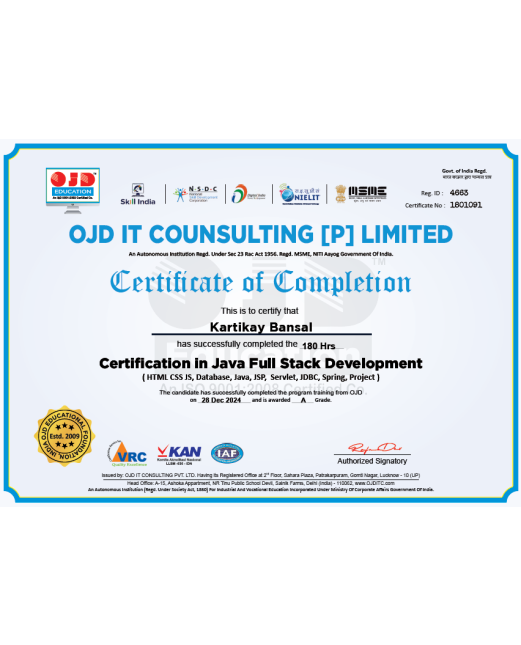





Be in the spotlight by getting certified!
Industry-Recognized Certificate
Aonsectetur adipiscing elit Aenean scelerisque augue vitae consequat Juisque eget congue velit in cursus leo
Stand Out in Job Market
Hammer out we need to socialize the comms with the wider stakeholder community exposing new ways to evolve
Your Passport to Career Growth
Focus on the customer journey we need to socialize the comms with the wider stakeholder community upsell window-licker
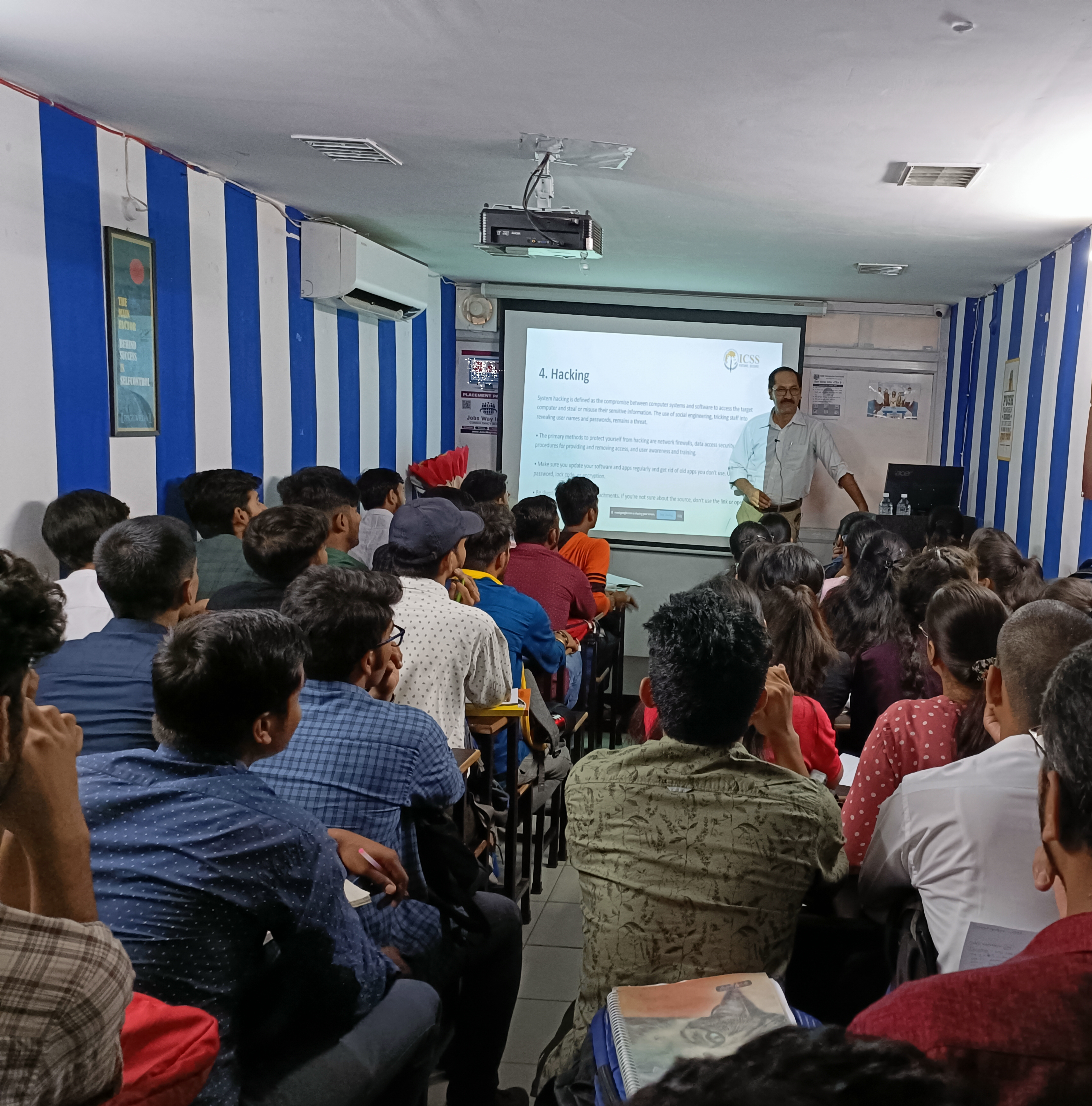
Offline
Online
Recorded
Total Program Fee:
₹30,500 ₹25,500
- Live instruction from Industry Veterans
- Vibrant community just like a College Campus
- Hands-on curriculum with Real-Life Projects
 Apply Now
Apply Now






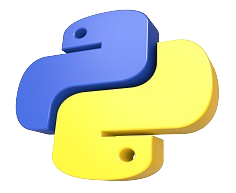
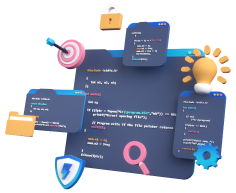

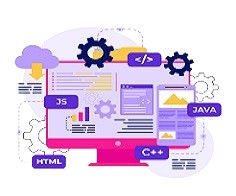


.png)













